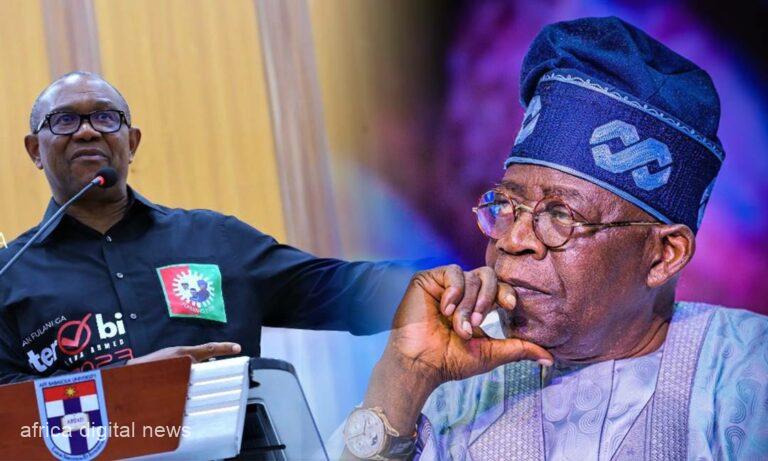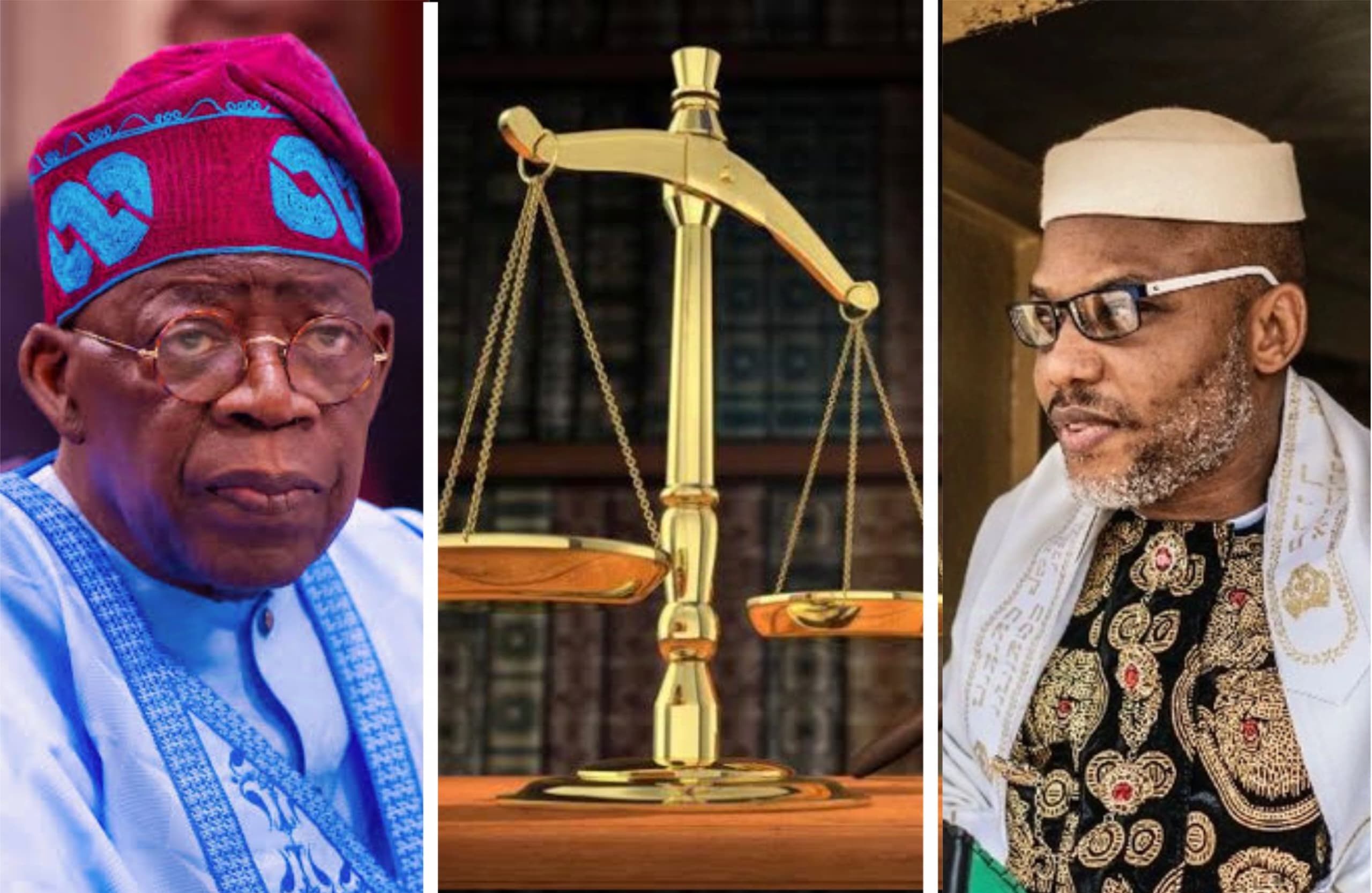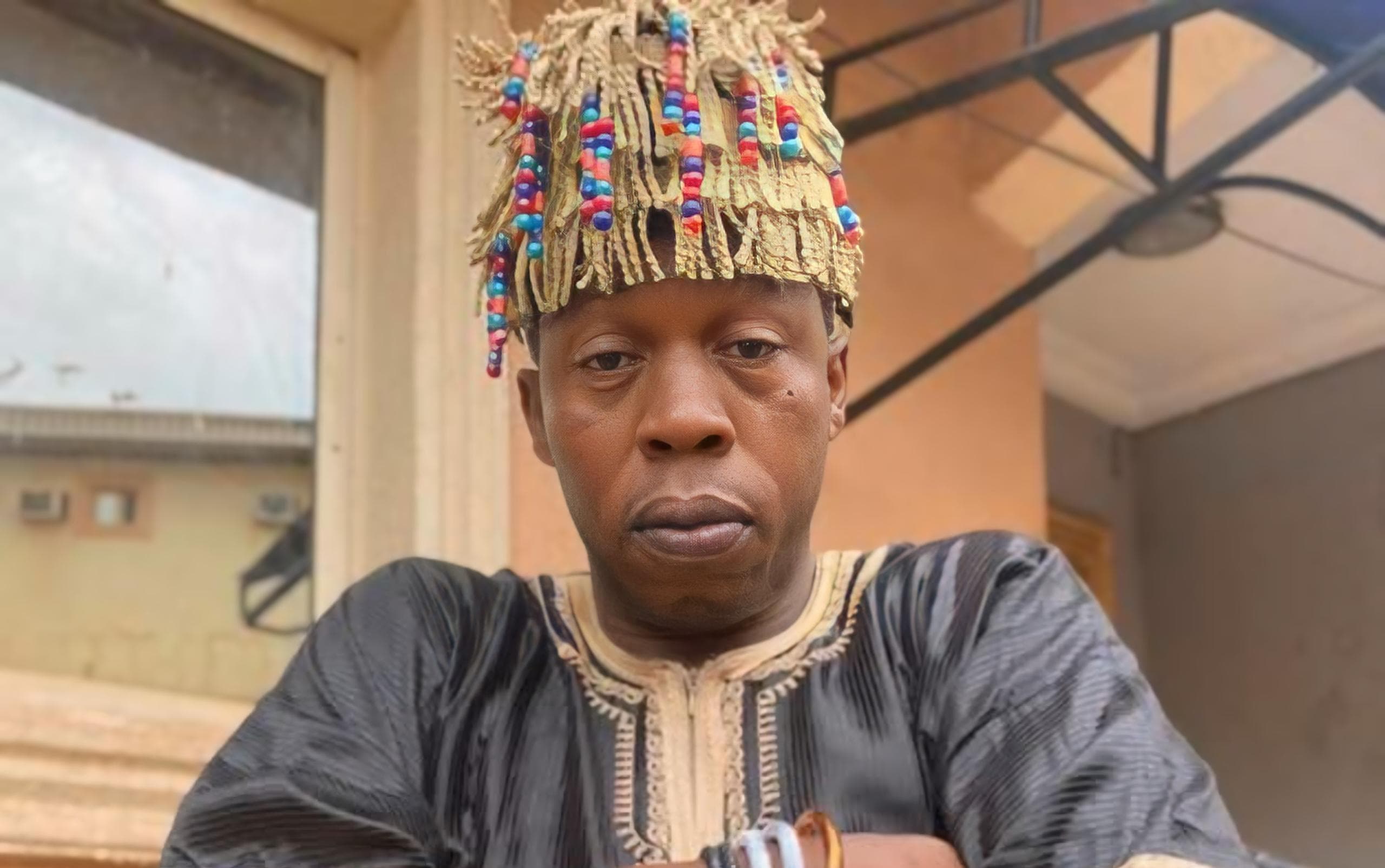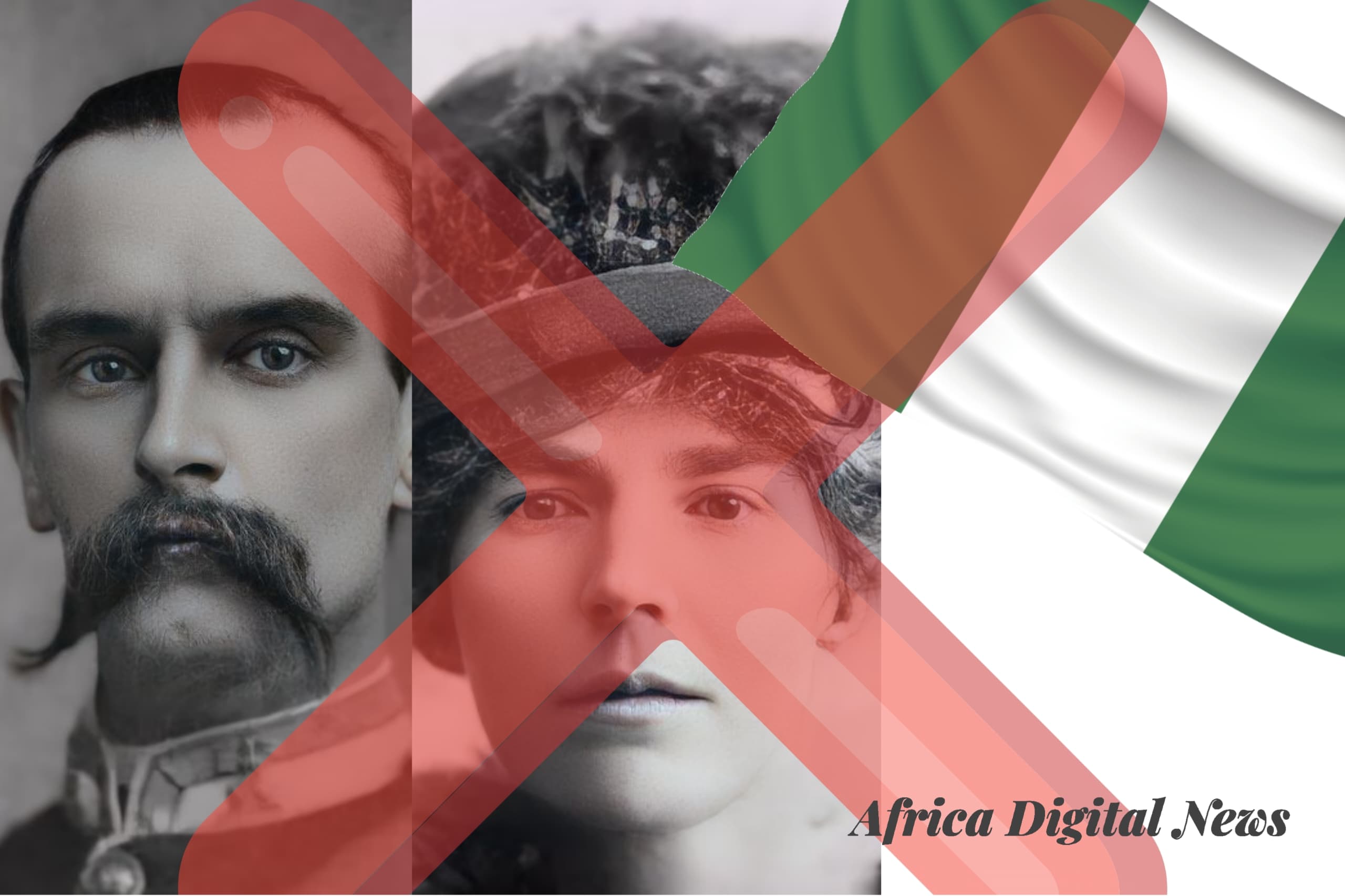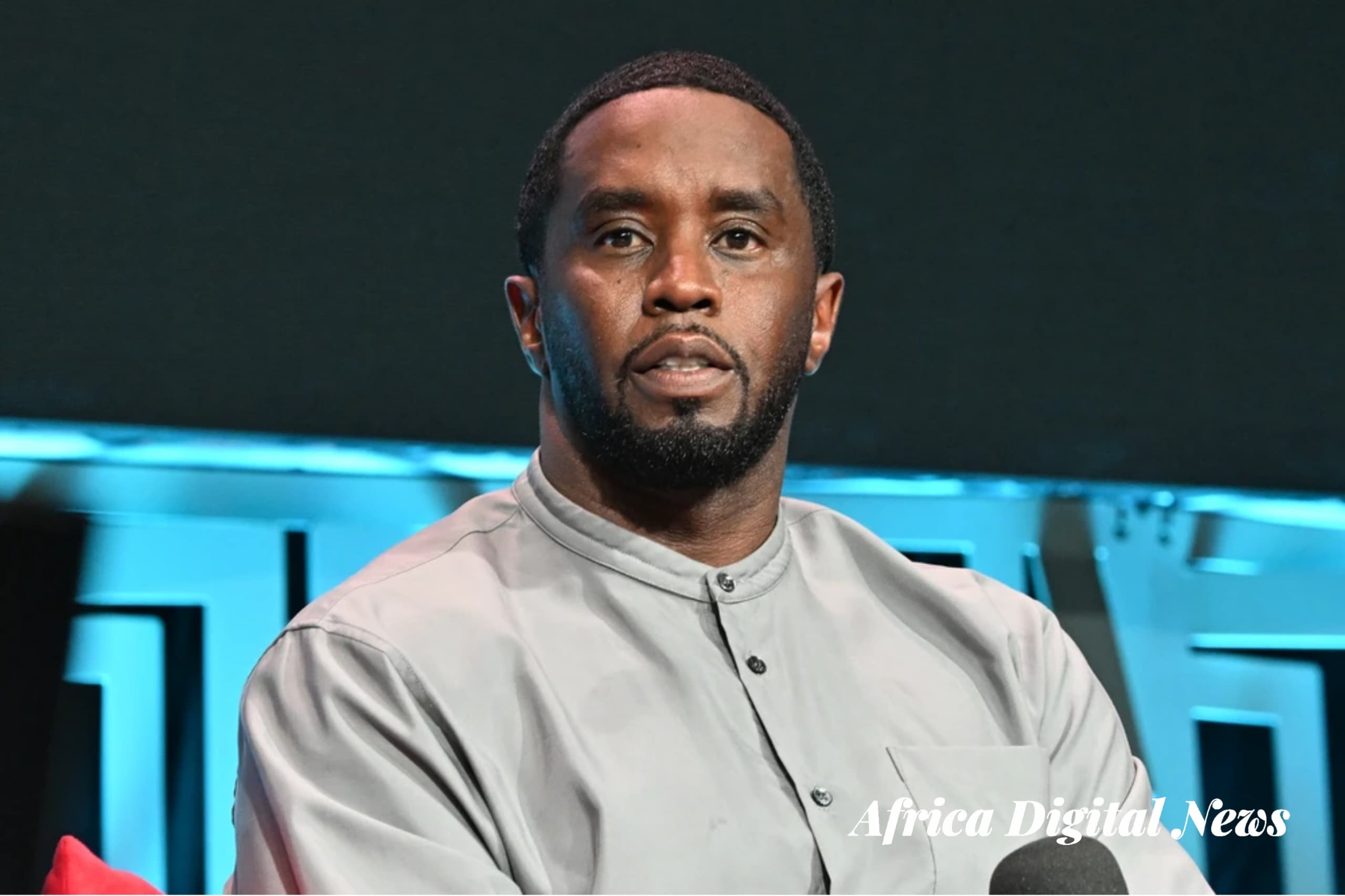In the wake of September 6, 2023’s pivotal court judgment at the Appeals Court on the Nigerian presidential election, Bola Ahmed Tinubu emerges as a more entrenched figure in the complex labyrinth of Nigerian politics. The verdict, handed down by a five-member justice panel in the Nigerian capital of Abuja, serves to further cement Tinubu’s reputation as a strategic genius capable of navigating the murky waters of a system riddled with challenges. The international attention this case has garnered only magnifies the complexities surrounding this political figure, underscoring the delicate balance of admiration and critique that trails him.
This legal triumph comes as a blow to Peter Obi and his loyalists, colloquially known as the ‘Obidients,’ who had made fervent attempts to question the validity of the election results, citing alleged voting irregularities and questioning Tinubu’s qualifications. Headed by Haruna Tsammani, the five-member panel in Abuja dismissed most of these claims, stating that Obi and the Peoples Democratic Party’s Atiku Abubakar, who came second in the election, as well as the Allied Peoples Movement, failed to provide ‘cogent, credible and acceptable evidence’ to support their claims.
The Appeals Court went further to address accusations surrounding Tinubu’s qualifications, including allegations that he was a citizen of Guinea and did not have the requisite academic credentials to run for president. The panel also considered claims that Tinubu was once indicted on drug charges in the United States, which would disqualify him from running for office. In each of these instances, the court ruled that the opposition had not met the burden of proof.
While the opposition had hinted at possible protests following an unfavourable judgment, their immediate response to the court’s ruling has been one of rejection, although they have not indicated whether an appeal to Nigeria’s Supreme Court will be filed within the 60-day window.
Amid this backdrop, Tinubu continues to present an enigmatic figure in Nigerian politics. To his supporters, he remains the ‘Lion of Bourdillon’, a thinker, and a doer whose strategic prowess has now been vindicated by the judiciary. To his critics, however, this judgment only intensifies existing concerns. These dissenters see Tinubu as embodying the very nucleus of problems that bedevil not just Nigeria but Africa’s most populous country. They argue that his propensity for state capture and public fund looting, exemplified by how he has turned Lagos, Nigeria’s economic hub, into what some describe as his ‘private estate’, is indicative of deeper systemic issues.
The court’s verdict may offer legal respite, but it hardly settles the ethical and moral debates surrounding Tinubu’s leadership style and political legacy. Regardless of one’s stance, it is clear that Bola Ahmed Tinubu is a linchpin in Nigerian politics—his actions and strategies, for better or worse, will have a lasting impact on the country’s future.
A Shrewd Strategist or Mercantile Politician? The Bola Ahmed Tinubu Paradox
The political trajectory of Bola Ahmed Tinubu is a textbook case of duality—a narrative stitched together with both admiration and concern. On one hand, Tinubu, who emerged even more fortified after a pivotal judgment at the Nigerian Appeals Court, is regarded as a brilliant strategist and shrewd politician. On the other, he stands as a well-defined symbol of the ingrained problems plaguing Nigeria. This dual narrative has followed him from the halls of Lagos State’s government to the seat of Nigeria’s presidency.
Tinubu, is nationally acclaimed for his ingenuity in seizing political opportunities and converting them into real-world advantages. His supporters argue that the man has a knack for understanding the politics of the moment, leveraging resources effectively to advance not only his career but, ostensibly, his vision for a more prosperous Nigeria.
Yet, the Lion’s den paints a more unsettling picture. Obvious facts posit that Tinubu’s form of politics is a mercantile one, driven by transactions more than ideology or public good, often beneath the veneer of strategic brilliance is a shrewd businessman who has mastered the art of state capture. According to this perspective, the real Tinubu is less a public servant and more a corporate tycoon in a political guise.
The state of Lagos stands as perhaps the most potent symbol of this mercantile politics. Having served as governor from 1999 to 2007, Tinubu never really relinquished his hold on Lagos, Nigeria’s economic nerve centre. Apparently, he has converted the state into his ‘private estate’, extracting revenues to fuel both his lifestyle and political ambitions. His name has been linked to several controversies involving the allocation of public lands, as well as questionable public-private partnerships that seem to benefit a select few.
This ability to fuse the personal and the political into a singular empire goes beyond mere electoral calculus; it speaks to a deeper issue that raises questions about governance and ethics. To Tinubu’s detractors, his acumen for gathering resources seems more aligned with growing his empire than any broader societal benefit. In this view, he represents the very essence of a political mercenary, a Machiavellian character whose primary goal is the accumulation of power and wealth, rather than the advancement of democratic values or the welfare of the Nigerian populace.
Read Also: The Exposé: Why Tinubu Is Blocking Uzodinma’s Second Term
The complexity of this portrayal raises essential questions: Can a leader be both a brilliant strategist and a symbol of systemic dysfunction? Can one man simultaneously embody the aspirations of a country while also representing its most glaring flaws?
The tension between these two perspectives on Tinubu has not been eased by the recent Appeals Court judgment. If anything, it has intensified the scrutiny and polarised public opinion even further. Tinubu remains a polarising figure—a man who has climbed to the apex of Nigerian politics through strategic genius while leaving a trail of questions about the true cost of his ascent. This is the paradox of Bola Ahmed Tinubu: a man at the centre of Nigerian politics who is simultaneously heralded as a saviour by some and seen as a symbol of Nigeria’s enduring challenges by others.
The Question of Adulation: The Cult of Personality Around Bola Ahmed Tinubu
The rise of Bola Ahmed Tinubu to the pinnacle of Nigerian politics has not merely been a tale of electoral victories and judicial confirmations; it has also been a saga of public perception shaped through a cocktail of charisma, calculated moves, and a cult of personality. In the Nigerian political theatre, the term ‘Jagaban’—a moniker ascribed to Tinubu—has come to signify more than just a name; it has evolved into a brand that encapsulates elements of cunning, tenacity, and ruthless strategy.
Yet, a concerning phenomenon accompanies the ‘Jagaban’ brand: an adulation among a select group of loyalists that borders on the sycophantic. For this circle, Tinubu is not just a political leader; he is an untouchable figure worthy of near-deification. The fervor of this adulation raises questions not only about the nature of political loyalty in Nigeria but also about the potential perils of personality cults in a democracy still grappling with its foundational principles.
This passionate, unquestioning admiration among Tinubu’s devotees bears the marks of a dependency, as they have vested their economic and social survival in the vast, complex structure he has built. Critics argue that this is not a benign political machinery but rather a ‘criminal structure’—a complex web of patronage and quid pro quo arrangements that subvert the rule of law and democratic accountability. Within this structure, loyalty is richly rewarded, and dissent is not tolerated, creating an ecosystem where corruption and malfeasance can thrive under the cover of political respectability.
If this trajectory continues, the larger concern is that Nigeria could inadvertently create its own version of a ‘Kim Jong Un’ or a mini-deity, fabricated from the flesh and bones of a real, flawed human being. The stakes are high because such a transformation would not just be a reflection on Tinubu but a commentary on the state of Nigerian democracy itself. It would signify a shift from a system based on principles and institutions to one held hostage by individual charisma and personal loyalty.
This adulation poses risks beyond Tinubu as an individual. It threatens to distort the broader political discourse, reducing complex issues of governance, economic policy, and social justice to the whims of one powerful man. Such a development could have dire implications for the maturity and sustainability of Nigeria’s democratic institutions. It could compromise checks and balances, promote cronyism, and undermine the collective will in favour of a singular, unchallenged voice.
As Nigeria stands at the crossroads, the Tinubu phenomenon serves as both a mirror and a window: a mirror reflecting the current ethos of Nigerian politics, filled with its contradictions and complexities, and a window offering a glimpse into a possible future. It’s a future where personalities overshadow policies, where adulation replaces accountability, and where the myth of one man could become the undoing of a country.
If Tinubu embodies a peculiar form of Nigerian exceptionalism—brilliant yet flawed, magnetic yet polarising—the question remains: can the Nigerian polity afford the luxury of such a divisive figure? As the adulation around him grows, perhaps it’s time to consider whether Nigeria is inadvertently nurturing a political culture that could stifle its own democratic promise.
The Private Estate of Lagos: The Financial Enigma of Bola Ahmed Tinubu
The trajectory of Bola Ahmed Tinubu’s financial empire reads like an intricately plotted political thriller, marked by brazen acts of resource accumulation and near-impenetrable shrouds of secrecy. Nowhere is this more apparent than in Lagos State, Nigeria’s economic nerve centre, which under Tinubu’s influence has evolved into what critics describe as his ‘private estate’.
The enigma of Tinubu’s wealth deepens when we consider his own narrative. A few years back, he publicly declared that he had lost all his property and fortune during his struggles against the military regime, alongside NADECO (the National Democratic Coalition). Fast-forward to today, and he stands as one of Nigeria’s wealthiest individuals. The question then arises: How did he accumulate such colossal wealth without a known job, and no public record of owning quoted companies or businesses?
Lagos provides a compelling answer. The sad reality is that the state has functioned as Tinubu’s personal ATM machine, his cash cow, and his yam barn. During his eight-year tenure as governor, allegations of financial misappropriation loomed large.
The Rise to Power: The Unabated Ambition of Bola Ahmed Tinubu
From his early days as Governor of Lagos State in 1999 to his recent acquisition of Nigeria’s highest office, Bola Ahmed Tinubu’s rise through the ranks of political power has been as dramatic as it has been divisive. With a tactical finesse that has garnered both admiration and skepticism, he has maneuvered through the complex terrain of Lagos politics before branching out to the broader South-West region, and eventually capturing the national stage—a feat, many Nigerians describe as akin to a ‘political heist.’
Imbued with a potent mix of relentless ambition and calculated opportunism, Tinubu has often cast himself as the modern-day successor to the late, revered Yoruba leader Chief Obafemi Awolowo. Although this self-styling may lack the intellectual and philosophical gravitas that made Awolowo a timeless figure, it has nonetheless been a successful exercise in rewriting Yoruba cultural and political narratives to suit his own vision.
His acumen extends beyond the ambit of oratory and ideological posturing; it reaches the very core of what powers politics: money. Under his governorship, Lagos saw a significant boost in internally generated revenue, transforming the state into an economic powerhouse. But this financial stewardship, impressive though it may be, serves a dual purpose: not only does it fund public initiatives, but it also fuels Tinubu’s expansive political machinery.
And when money isn’t enough, Tinubu turns to narrative control, wielding propaganda with a deftness that adapts to the ever-evolving digital age. Whether through traditional media channels or sophisticated social media campaigns, his primary goal remains unaltered: control the story, and by extension, the political discourse.
His recent presidential election win, validated by an appeals court verdict that dismissed petitions from opposition figures like Peter Obi, has only deepened the divide in Nigerian public opinion. To some, he is a political saviour, a man who rose through the ranks on merit and cunning. To others, he epitomises the deeply rooted issues that plague Nigerian politics—issues that revolve around personal enrichment and consolidation of power at the expense of broader social and economic progress.
As Tinubu takes the reins of the Nigerian presidency, the question hanging in the air goes beyond his undeniable skill at political gameplay. It delves deeper into the kind of leadership Nigeria requires at this crucial moment in its history. Will a man so skilled at consolidating power and resources for his own ascent be able to redirect these talents for the greater good of the nation?
Only time will unveil the full impact of Tinubu’s presidency on Nigeria’s evolving democratic narrative. What’s unequivocal is that his tenure is poised to be a defining chapter in the country’s history, laden with potential for both transformation and controversy. Whether Nigeria emerges stronger or more divided from this chapter is a question whose answer lies in the delicate balance between Tinubu’s own ambitions and the inalienable needs of the country he now leads.
Political Pragmatism vs. Ideological Fervor: The Fall of the ‘Obidients’ in Nigeria’s Power Play
In the tempestuous landscape of Nigerian politics, few stories have been as polarising as the rise of Bola Ahmed Tinubu and the decline of the ‘Obidient’ movement, a faction loyal to Peter Obi, a former governor and vice-presidential candidate. This juxtaposition became especially poignant following the recent verdict from the appeals court, which ratified Tinubu’s presidential victory and served as a stern rebuttal to the Obidient cause.
The Obidient movement, predicated on a set of lofty ideals about governance and social reform, seemed to view itself as the panacea for Nigeria’s woes. Yet, their recent loss at the appeals court lays bare the miscalculations and, perhaps more critically, the delusions that have befallen this well-intentioned but ultimately misguided faction.
Proponents of the Obidient movement have often touted their ideological purity, convinced of their ethical high ground in a political arena seen as mired in corruption and opportunism. Their insistence on what they perceived as ‘moral governance’ was not only naïve but also rendered them vulnerable to the seasoned political stratagems employed by figures like Tinubu. The movement’s concentration on ideological purity, at the expense of pragmatic political action, has been its Achilles’ heel.
The irony here is palpable. While Obidient followers campaigned on a platform of transparency, effectiveness, and moral governance, they seemed woefully unaware of the subtleties that actually drive political success in Nigeria. Their idealistic fervor was, in many ways, their undoing. It rendered them oblivious to the intricate web of political alliances, patronage networks, and grassroots mobilisation strategies that are often necessary to secure electoral victory in a complex and multifaceted democracy like Nigeria’s.
On the other hand, Tinubu has displayed a masterful grasp of these dynamics. His political machinery is far-reaching, extending from the financial coffers that bolster his campaigns to the media outlets that shape public perception in his favour. Tinubu doesn’t just understand the game; he’s several moves ahead, a grandmaster in a field of amateurs. His strategic control over the political landscape was more than evident in the appeals court verdict, which can be seen as a culmination of years of planning, maneuvering, and executing political strategies with surgical precision.
This divergence in political acumen between the Obidient movement and Tinubu is not just a reflection of their differing fortunes but serves as a compelling critique of the limitations of ideological fervor when not complemented by strategic insight. As noble as their intentions might be, the Obidients seem to have ignored the sage advice that ‘politics is the art of the possible’.
As the dust settles on the appeals court decision, the lesson for the Obidient movement is crystal clear: Idealism, no matter how fervent, must be grounded in the realities of the political landscape. For now, the stage belongs to Tinubu, whose mastery of these realities has not only secured his presidential victory but has also raised existential questions for his opposition. Will the Obidient movement recalibrate its strategies, or will it continue to be a cautionary tale in the annals of Nigerian politics? The future is uncertain, but the past, marked by their recent legal defeat, offers a lens through which they might glimpse their potential redemption or continued irrelevance.
Conclusion: The Imperative of Structural Reformation in Nigeria’s Future
As Bola Ahmed Tinubu’s political acumen sees him to ever greater heights, culminating in the presidency, we are reminded of the mutable nature of power in Nigeria. His rise, a blend of financial heft, propagandist savvy, and sheer ambition, casts a long shadow that dwarfs the recent setbacks experienced by the Obidients movement in the appeals court. Yet, the court’s decision highlights more than just the ebb and flow of political fortunes; it underscores the inadequacy of relying on singular leaders like Peter Obi or indeed any other figure to steer Nigeria’s destiny.
If the country’s narrative is to be one of true progress, then the focus must shift from the individuals who momentarily wield the reins of authority to the systemic structures that underpin governance. No leader, no matter how competent or well-intentioned, can serve as a panacea for Nigeria’s entrenched challenges. What is imperative, what could potentially tilt the balance in favour of fairness, equity, and justice, is not another charismatic leader but a comprehensive restructuring of Nigeria’s socio-political architecture.
For a country so deeply marred by divisions—ethnic, religious, and economic—a shift towards structural reformation is actually, the essentiality in ushering an era where the collective good trumps parochial interests. This reframing would move beyond the ephemeral victories of election cycles or the charisma of politicians, planting seeds for a more durable, inclusive, and equitable democracy. As we look towards the future, the clarion call should not be for the rise of a new political saviour but for a systemic metamorphosis that irrevocably alters the fabric of Nigerian governance for the better.

